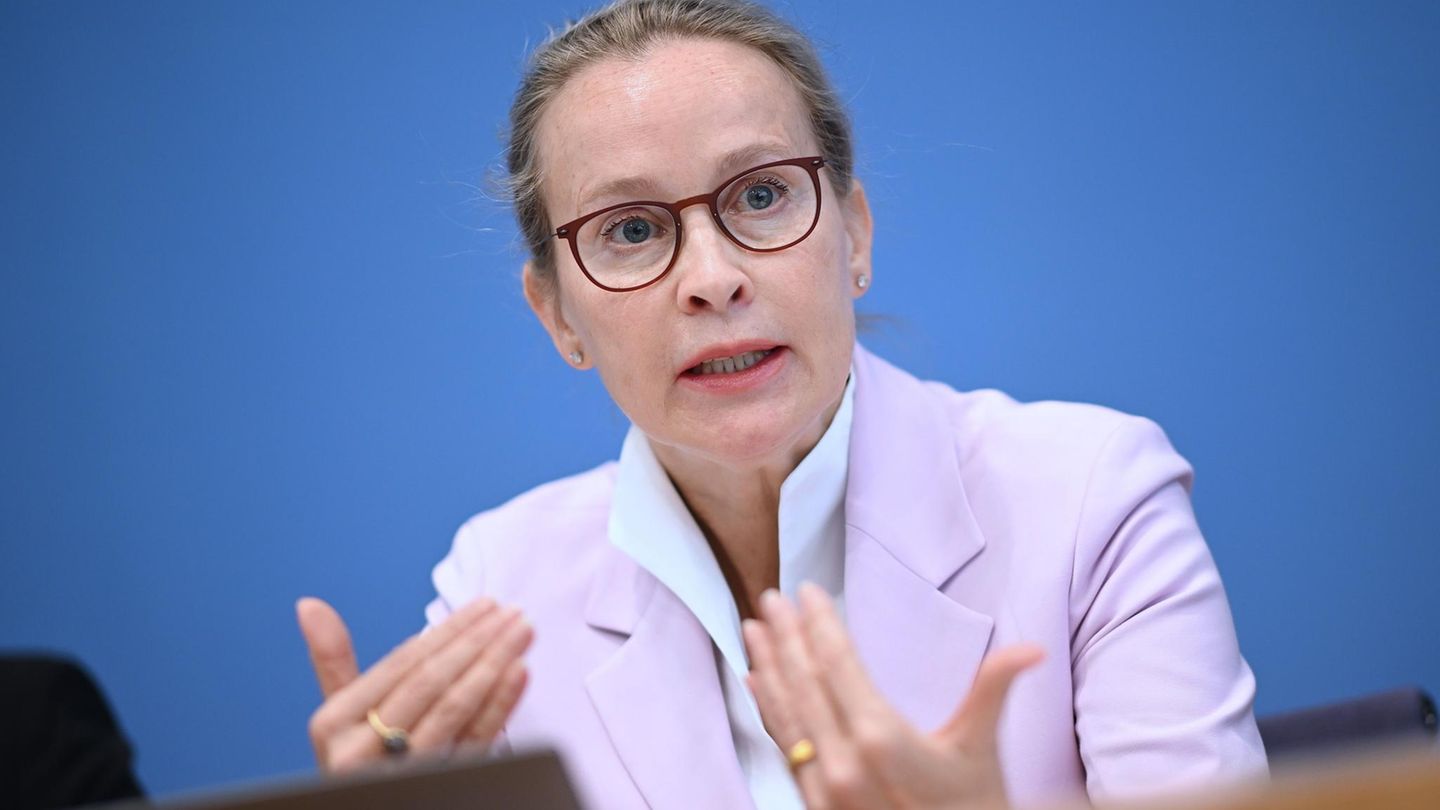Image: (APA/HERBERT NEUBAUER)
Senior U.S. Treasury officials urged the Austrian bank to back away from its plans, several people familiar with the situation told Reuters. “This deal could backfire,” said one of the insiders. If the RBI goes through with the deal and then it turns out that US sanctions are being violated, the Americans could impose penalties on the bank, two of the insiders said.
The Americans have asked the bank to provide details about the people and companies involved in the deal, the insiders said. They feared that Deripaska could benefit from the transaction. The RBI has been in the sights of the USA for a long time. For example, the US sanctions authority Office of Foreign Assets Control (OFAC) sent the bank a letter a year ago with a series of questions about its Russian business. According to an insider, another important player is now involved: According to a person familiar with the situation, representatives of the US Department of Justice have been to Vienna several times and asked questions about the Russian business. At the beginning of March, the RBI also received a visit from a high-ranking representative of the US Treasury Department, Anna Morris.
- More on this: Because of business with Russia: Raiffeisen receives visits from US officials again
Specifically, it is about this: The RBI, which is under pressure because of its Russian business, is trying to get frozen profits out of the country through a complex transaction. Since the war in Ukraine, the Russian subsidiary bank, which is the cash cow of the banking group operating in Eastern Europe, no longer distributes profits to the parent company in Vienna. Now bank boss Johann Strobl wants to buy 27.8 percent of Strabag from the Russian MKAO Rasperia, whose ownership is unclear, for around 1.5 billion euros through the Russian subsidiary. Deripaska officially reduced his stake in MKAO to 49 percent years ago. According to an investment report that Strabag received from Rasperia, he exercises control. The oligarch is considered a close confidant of Russian President Vladimir Putin. He was sanctioned by the US and the EU and his assets were frozen. Deripaska therefore does not receive any dividends from Strabag.
This is how the sale should work
The sale of the share package is to take place across several corners: In a first step, the Strabag share package is to be transferred from Rasperia to a Russian company called Iliadis, from which the RBI will then buy the package. The RBI boss recently did not want to say who was behind this company. Strobl said that confidentiality had been agreed on this matter, pointing out that the company had not been sanctioned. After the closing, which was announced for the first quarter, the Russian subsidiary bank is to transfer the Strabag shares to the RBI as a dividend in kind. But another entrepreneur is involved at this interface: Stephan Zöchling, co-owner of the Styrian exhaust specialist Remus and the investor who took over the remaining assets of the European subsidiary of the Russian Sberbank. He acts as managing director of the investment company to which the RBI shares in Strabag are to be transferred. According to an insider, Zöchling worked for Deripaska for years.
The RBI said in a statement that it had carefully reviewed all applicable sanctions before announcing the transaction in December. In the last few weeks, all relevant authorities, including the US Treasury Department and the US sanctions authority OFAC, were informed about the details of the transaction. “Furthermore, it has been confirmed that there is no US connection to this transaction. It goes without saying that RBI will not undertake any transactions that would violate sanctions or expose RBI to the risk of sanctions,” the bank said.
- Also read: Understanding the economy: Bank dividends delight shareholders (OÖNplus)
The bank described the deal as a way to extract billions stuck in Russia. In addition, the Russian subsidiary’s equity capital will be reduced and the bank will be reduced in size, which is a demand from the European Central Bank. The news triggered a rise in the price of RBI shares on the Vienna Stock Exchange in December, which had come under heavy pressure due to its Russian business.
EU Commission demands clarification
Because of the USA’s negative attitude, the Austrian authorities would not give the green light for the time being, said one of the insiders. But the European authorities are also still waiting. A spokesman for the EU Commission told Reuters that the transaction was known but that authorities in Austria had been asked for clarification. Their answers are still pending. The EU Commission is also in close contact with the US authorities. In general, it is forbidden to trade with assets that are frozen due to EU sanctions, said the spokesman.
The shares of Raiffeisen Bank International (RBI) slipped by 11 percent to 17.38 euros in the afternoon.
more from economics




